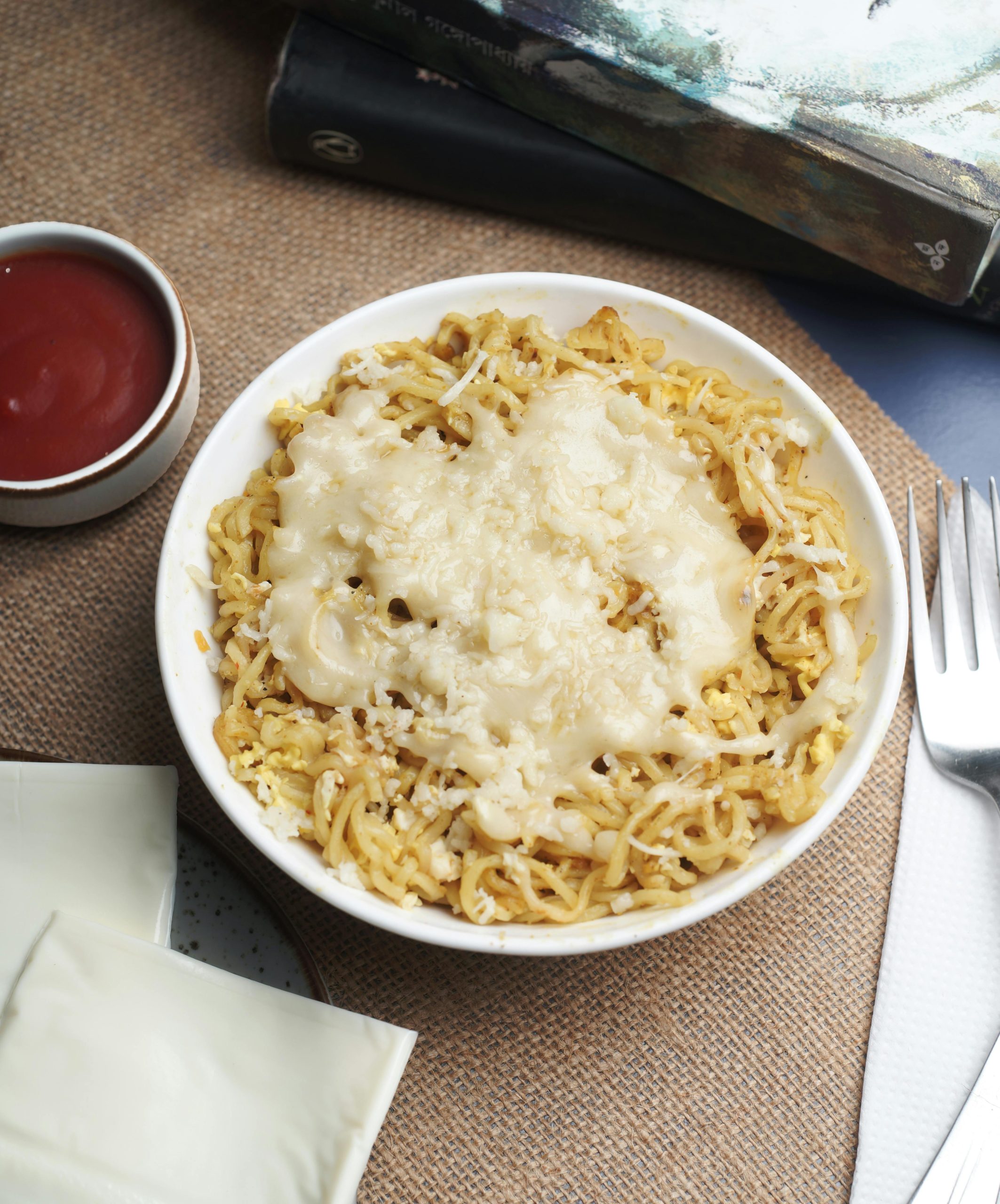Interested in Launching a Non-Alcoholic Beverage Business
I have a few unique recipes that incorporate a variety of fruit flavors and plant-based ingredients.
I have some questions:
-
Sourcing Raw Materials: What’s the best way to obtain quality ingredients?
-
Processing: How should I go about adding ingredients like sugars or water?
-
Bottling: Should I reach out to a bottling company for packaging?
-
Distribution: What steps do I need to take to get my bottles into retail stores like Costco and Walmart?
-
Business Considerations: What types of insurance might I need? Are there specific FDA approvals or patents required? What should I be aware of regarding flavored drinks in the U.S.?
Additionally, if any investors are interested in joining me, please feel free to DM me!










3 Comments
Starting a non-alcoholic drinks business is an exciting venture! Here’s a breakdown of how to tackle your questions:
Question 1: How to get raw materials?
– Suppliers: Research local and national suppliers who specialize in fruit and plant-based ingredients. Look for wholesalers or co-ops that focus on organic or natural products if that aligns with your brand.
– Local Producers: Consider sourcing from local farmers or farmers’ markets to obtain fresh, high-quality ingredients.
– Online Marketplaces: Utilize online marketplaces that supply bulk ingredients, but verify their quality and reliability.
Question 2: How to get processed? (add sugars or water, etc.)
– Manufacturing Partners: You may want to partner with a co-packing facility that specializes in beverage production. They can help with mixing, flavor adjustments, and adding ingredients like sugars or water.
– DIY Processing: If you’re starting small, you might initially process everything in a commercial kitchen. Ensure you have the right equipment for scaling up production.
Question 3: How to get bottled?
– Bottling Companies: Yes, you can contact bottling companies or co-packers who can produce, fill, and seal your bottles. Make sure you check their certifications and capabilities for your specific drink type.
– Choosing Packaging: Decide on the type of packaging (glass, plastic, or cans) that aligns with your brand and consider eco-friendly options.
Question 4: How to get bottles into retail stores (Costco, Walmart, etc.)?
– Distribution Strategy: Establish relationships with distributors who have existing contracts with large retail chains. This can help you get your product on shelves more easily.
– Retail Pitch: Create a compelling pitch that highlights your unique selling points (USPs) and provides samples. Prepare to show how your product solves a problem or meets consumer demand.
– Compliance: Ensure you meet all regulatory requirements, as larger stores have strict standards for shelf placement.
Question 5: Any business insurances needed? Any FDA approvals? Any patents needed? Specific concerns on flavored drinks in the USA?
– Business Insurance: Yes, consider liability insurance, product recall insurance, and general business insurance to protect against various risks.
– FDA Approvals: You will need to comply with FDA regulations for food and beverage products. This includes proper labeling and ingredient disclosures. It’s advisable to consult with a food attorney regarding these regulations.
– Patents: If your recipes are unique and you believe they have patent potential, consulting an intellectual property attorney is wise. However, most food and beverage businesses rely on trade secrets instead.
– Concerns: Be aware of labeling laws (e.g., allergens, health claims) and the rising competition in the non-alcoholic beverage market. Also, consider consumer trends—many are looking for health-conscious, low-sugar or functional drinks.
If an investor is interested, include them in your planning process or discuss how they can add value based on their expertise. Best of luck with your non-alcoholic drink venture!
It’s fantastic to see your passion for launching a non-alcoholic beverage business! Here are some insights on your questions that may help guide you in your journey:
1. **Sourcing Raw Materials**: To ensure you have top-quality ingredients, consider building relationships with local farmers and suppliers who focus on organic or sustainable practices. Joining industry trade shows can also connect you with reputable ingredient suppliers.
2. **Processing**: When adding sugars or water, it’s vital to understand how each ingredient affects the overall flavor profile and preservation. Conduct small batch tests to identify the right balance. Additionally, exploring natural sweeteners like agave or stevia could align well with health-conscious consumers.
3. **Bottling**: Partnering with a bottling company can be beneficial, especially those that specialize in eco-friendly packaging, as sustainability is a key trend in consumer preferences right now. Ensure they comply with food safety standards and can accommodate your production needs.
4. **Distribution**: Getting your products into major retailers like Costco and Walmart typically requires navigating their vendor requirements. It might be useful to join a distributor who already has relationships with these retailers. Be prepared with samples, a solid business plan, and a clear marketing strategy that showcases your unique selling points.
5. **Business Considerations**: For insurance, you may want product liability insurance to protect against claims related to your beverage. Regarding FDA regulations, since you’re in the food and beverage sector, compliance with nutrition labeling and ingredient disclosure is essential. Consulting
Great initiative! Launching a non-alcoholic beverage line is an exciting journey with lots of opportunities. Regarding sourcing, building relationships with reputable suppliers who prioritize quality and transparency can make a significant difference—consider exploring local farms or specialty ingredient providers to ensure freshness and uniqueness. For processing, partnering with a contract manufacturer experienced in beverage production can help you maintain consistency and safety—don’t forget to test your recipes thoroughly to meet FDA standards.
When it comes to bottling, working with a reputable bottling company that offers customization options and adheres to Good Manufacturing Practices (GMP) is key. For distribution into major retail chains like Costco and Walmart, you’ll need to develop a solid go-to-market strategy, including obtaining necessary certifications (e.g., NSF, Non-GMO, Organic if applicable), building relationships with distributors, and understanding their compliance requirements.
Business considerations like insurance are critical—look into product liability insurance, and consult a legal expert about FDA regulations, patents, and any necessary labels or claims. In the U.S., staying updated on regulatory changes and ensuring compliance will safeguard your product.
Wishing you the best of luck—your passion for creating unique, plant-based drinks has a lot of potentials! If you’re open to feedback or partnerships, connecting with industry mentors and attending trade shows can accelerate your journey.